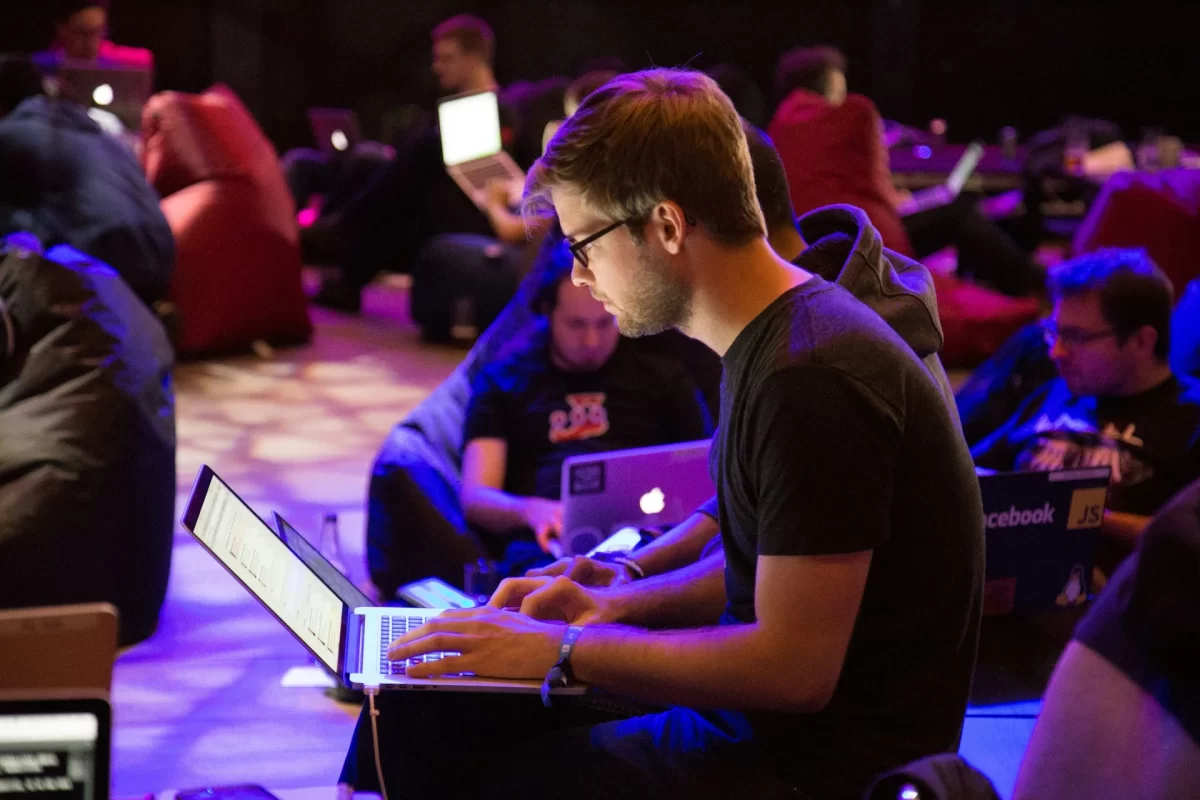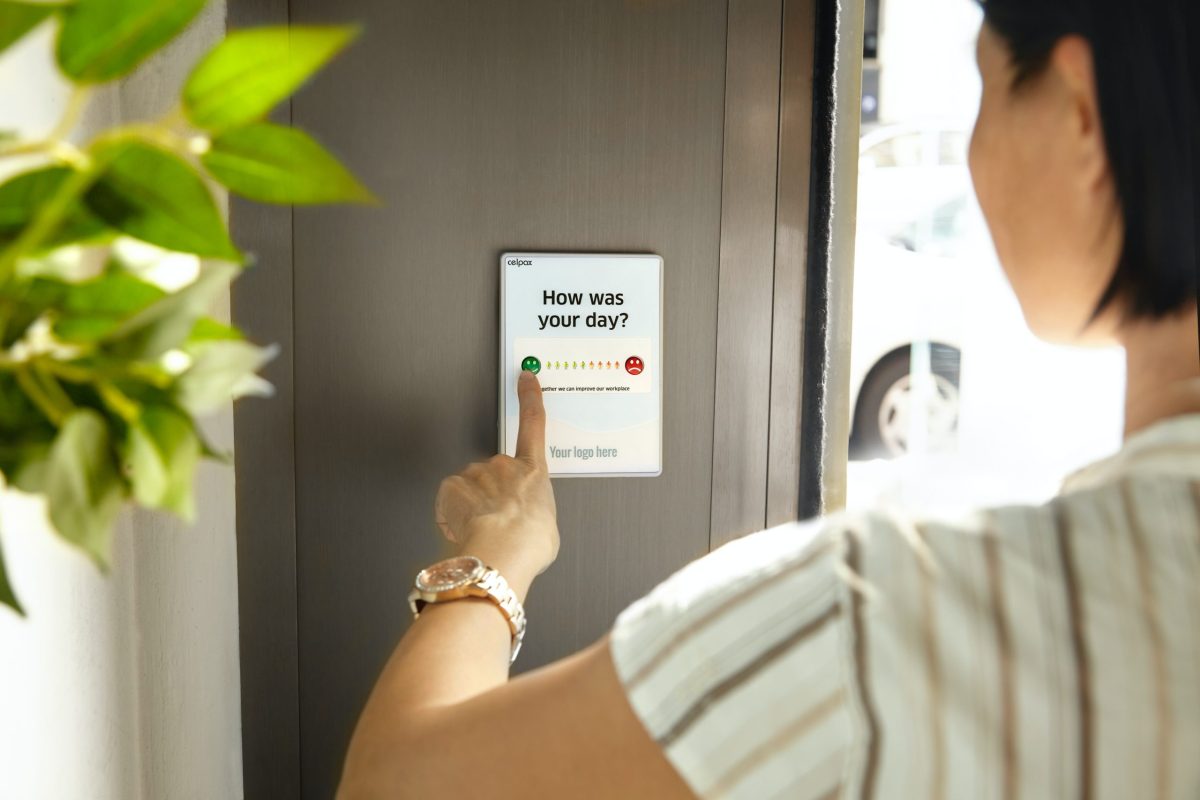Employee Benefits In Brazil: Comprehensive Guide
Want to onboard an employee in Latin America ?
Navigating employee benefits in Brazil is a crucial aspect of managing a workforce and ensuring compliance with local labor laws. Employers must understand both the statutory requirements and the market-driven expectations that shape the benefits landscape in Brazil. This comprehensive guide will provide you with an in-depth look at the essential components of employee benefits in Brazil, helping you create competitive and compliant benefit packages for your team.
Statutory vs non statutory benefits in Brazil
In Brazil, statutory benefits are those mandated by law, such as the 13th salary, paid vacations, and contributions to the FGTS (Fundo de Garantia do Tempo de Serviço). These benefits are obligatory and must be provided to all employees under formal contracts. On the other hand, non-statutory benefits are additional perks offered by employers beyond what is legally required. These can include private health insurance, meal vouchers, flexible work arrangements, and other incentives aimed at attracting and retaining top talent. While statutory benefits ensure basic employee rights, non-statutory benefits enhance employee satisfaction and competitiveness in the job market.
Statutory Benefits In Brazil
Understanding who is eligible for statutory benefits and the expectations around these benefits is key for employers in Brazil. Statutory benefits apply to all employees, including those on temporary or part-time contracts, with few exceptions.
All employees with a formal contract (CLT – Consolidated Labor Laws) are entitled to statutory benefits. Individuals working under the RPA regime are treated as autonomous workers or freelancers and do not qualify for statutory benefits like those under CLT contracts. Independent contractors (PJ – Pessoa Jurídica) do not receive these benefits, as they are considered self-employed.
Below are the key mandatory benefits:
13th Salary (Décimo Terceiro):
An additional annual salary paid in two installments, typically in November and December. This benefit is mandatory for all employees and is calculated based on the employee’s regular monthly wage.
Learn more about 13th month bonus in Brazil.
Paid Vacation
After completing one year of service, employees are entitled to 30 days of paid vacation, which can be taken in full or in parts. Employees also receive an additional payment of one-third of their monthly salary during their vacation period.
Learn more about employees holidays & leave entitlement in Brazil.
FGTS (Fundo de Garantia do Tempo de Serviço)
Employers must deposit 8% of the employee’s monthly salary into a government-managed fund. This fund can be accessed by employees in certain situations, such as dismissal without cause, retirement, or when purchasing a home.
Learn more about FGTS fund in Brazil.
INSS (Social Security Contribution)
Employers are required to contribute between 20% to 28% of the employee’s salary to the social security system, which provides benefits like retirement, disability pensions, and sickness allowances.
Paid Maternity & Paternity Leave
Female employees are entitled to 120 days of paid maternity leave, which can be extended under certain conditions. The employer is reimbursed by the social security system for the payments made during this period.
Male employees are entitled to 5 days of paid paternity leave, although some companies may offer more based on collective agreements or company policies.
Take a look at our complete article Parental leave in Brazil.
Sick Leave (Afastamento por Doença)
Employees who are unable to work due to illness or injury are entitled to paid sick leave. For the first 15 days of absence, the employer is responsible for the payment. If the illness continues beyond 15 days, the employee starts receiving benefits from the INSS (Brazil’s social security system) instead. This ensures that employees have financial support during periods when they are unable to work due to health issues.
Click here to know how does sick leave work in Brazil.
Transportation Voucher (Vale-Transporte)
Employers are required to provide transportation vouchers to employees to cover the costs of commuting to and from work. Employees contribute up to 6% of their salary towards this benefit, with the employer covering the remainder.

Beyond Statutory Benefits: The Power of Collective Bargaining in Brazil
In Brazil, Collective Bargaining Agreements (CBAs) play a crucial role in defining additional benefits and working conditions for employees beyond the mandatory benefits required by law. While all employees under formal CLT contracts are entitled to statutory benefits such as the 13th salary, paid vacations, FGTS, and social security contributions, CBAs often introduce additional perks tailored to specific industries or companies. These agreements are negotiated between employers and unions, and they can include benefits such as extended paternity leave, higher meal voucher amounts, enhanced health coverage, or additional paid days off. Employers must not only comply with the statutory benefits but also adhere to the terms outlined in the relevant CBA, ensuring that all obligations are met to maintain a motivated and legally protected workforce. Failure to comply with either statutory or CBA-mandated benefits can result in legal penalties and damage to the company’s reputation.
Meeting the Demand: What Brazilian Workers Want Today?
The evolution of employee benefits in Brazil reflects a significant shift in what workers value in today’s job market. Brazilian employees are increasingly seeking additional perks that align with their personal and professional aspirations. Today, benefits such as comprehensive health and wellness programs, flexible work arrangements, education and development opportunities, and equity or profit-sharing schemes are becoming highly sought after. This change is driven by a growing recognition among workers of the importance of work-life balance, career growth, and financial security. Employers who adapt to these evolving expectations by offering a more robust and personalized benefits package are more likely to attract and retain top talent in Brazil’s competitive labor market.
Let’s take a look at some additional benefits that top talent is seeking in today’s job market.
Health, Wellness, and Beyond
Health and wellness programs have become essential components of the employee benefits landscape in Brazil. Life insurance and health coverage are quite common, providing employees with greater security and peace of mind.
Many companies now offer comprehensive wellness programs that include mental health support, gym memberships, and wellness days. These initiatives reflect a growing recognition of the importance of maintaining a healthy work-life balance and the role that physical and mental well-being play in employee productivity and satisfaction.
Health Insurance
Health insurance is a benefit that provides coverage for medical expenses, ensuring access to healthcare services and protecting individuals from high medical costs.
Life Insurance
Coverage that provides financial security to employees' families in case of the employee's death, often enhanced with disability insurance.
Gym Memberships
Subsidized or fully covered memberships to gyms or fitness centers, along with access to wellness classes encouraging a healthy lifestyle and promoting overall well-being.
Mental Health Support
Access to counseling services, mental health days, and employee assistance programs (EAPs) that provide confidential support for personal or work-related issues.
From Equity to Education
In Brazil, the demand for supplemental benefits that go beyond statutory requirements is growing, with a particular emphasis on equity and educational opportunities. Companies are increasingly offering equity programs, such as stock options or profit-sharing plans, to align employees’ interests with the long-term success of the business. This not only incentivizes performance but also fosters a sense of ownership and commitment among workers. Additionally, education benefits are highly valued, with many employers providing support for professional development through tuition reimbursement, access to online courses, or partnerships with educational institutions. These perks cater to employees’ desires for career advancement and financial growth, making them an attractive addition to the traditional benefits package.
Professional Courses
Access to online courses, workshops, and certifications to help employees advance their skills and knowledge.
Tuition Reimbursement
Employers cover the costs of courses or degrees that are relevant to the employee’s role or career development.
Profit-Sharing Plans
Extended leave options for employees to pursue personal growth, further education, or rest, often after several years of service.
Additional Leave Entitlements
Employees receive a share of the company’s profits, fostering a sense of ownership and participation in the business's success.
Performance Bonuses
Financial rewards tied to the successful completion of specific projects or the achievement of certain milestones, incentivizing high performance and commitment.
Remote Work Benefits
The shift toward remote work has led to the development of specific benefits tailored to this new way of working. Brazilian employers are increasingly offering home office stipends to cover expenses such as internet, electricity, and ergonomic furniture. Flexible work hours have also become a popular perk, allowing employees to balance their professional and personal lives more effectively. Additionally, companies are adapting traditional benefits to the remote environment, such as offering virtual wellness programs and remote team-building activities. These benefits not only enhance employee satisfaction but also help employers attract top talent from across the country, regardless of geographic location.
Home Office Stipends
Financial support for setting up a home office, covering expenses like internet, electricity, and ergonomic furniture.
Flexible Work Hours
Allows employees to set their own working hours, offering a better work-life balance and accommodating personal responsibilities.
Technology Stipends:
Financial assistance for purchasing or upgrading essential technology, such as laptops or software, enhancing productivity while working remotely.
Co-Working Space
Memberships to co-working spaces, providing remote employees with access to professional work environments and networking opportunities outside their homes.
Balancing Benefits Expectations Between Employees and Contractors in Brazil
Navigating the expectations around employee and contractor benefits in Brazil can be complex, given the distinct legal frameworks that apply to each group. Employees under formal CLT contracts are entitled to a comprehensive set of statutory benefits, including the 13th salary, paid vacations, FGTS contributions, and social security. These benefits are non-negotiable and form a significant part of the total compensation package. On the other hand, contractors, often engaged through RPA (Recibo de Pagamento Autônomo) or as PJ (Pessoa Jurídica), are not legally entitled to these statutory benefits, which can create a disparity in expectations.
However, as the lines between employee and contractor roles blur, especially in industries like technology and creative services, contractors increasingly expect benefits that mirror those of employees. This can include health insurance, paid leave, and even performance bonuses. Employers must carefully navigate these expectations to maintain a motivated workforce while avoiding the legal risks of misclassification. Offering a balanced approach—such as providing some benefits like health coverage or technology stipends to contractors—can help meet these expectations without crossing legal boundaries.
Understanding and managing these differences is crucial for maintaining compliance, managing costs, and ensuring that both employees and contractors feel valued and fairly compensated. This balance is vital in a competitive job market where talent retention is key, and where both employees and contractors play essential roles in driving business success.
Strategies for Efficiently Managing Competitive Benefits Packages in Brazil
In today’s competitive job market, offering attractive benefits packages is crucial for businesses in Brazil to attract and retain top talent. However, managing and delivering these benefits efficiently requires a strategic approach. Here are some key strategies that businesses can implement to ensure their benefits packages meet the expectations of Brazil’s top professionals:
Regular Benchmarking Against Industry Standards
To stay competitive, companies must continuously benchmark their benefits packages against industry standards. This involves analyzing the offerings of leading companies within the same sector and geographic region to ensure that their own packages are not only competitive but also aligned with current market trends. Regular benchmarking helps businesses understand where they stand in the market and make necessary adjustments to stay attractive to top talent.
Leverage Employee Feedback
Understanding what employees value most is critical to designing benefits packages that resonate. Businesses should leverage tools like surveys and focus groups to gather direct feedback from employees. This feedback provides insights into the benefits that employees prioritize, whether it’s comprehensive health coverage, flexible work arrangements, or professional development opportunities. Tailoring benefits packages based on this feedback ensures that they meet the actual needs and expectations of the workforce.
Stay Responsive to Trends and Legal Requirements
The landscape of employee benefits is constantly evolving, influenced by changing employee expectations, technological advancements, and legal requirements. Businesses need to stay responsive to these changes by regularly reviewing and updating their benefits offerings. This responsiveness not only ensures compliance with local labor laws but also helps in maintaining a competitive edge in attracting and retaining talent.
Manage Benefits in Brazil with Europortage
Managing benefits in Brazil is complex especially when it comes to compliance. That’s why we recommend working with a direct and local partner like Europortage.
Our team of local experts is on hand to support you throughout the entire employee lifecycle, including time-off management. We can give you clear advice on business incorporation and global hiring, in addition to handling employment contracts, payroll, and benefits. That way, you can focus on growing a world-class team and business.
Get in touch to find out more and start hiring top talent in Latin America.
















































































































































